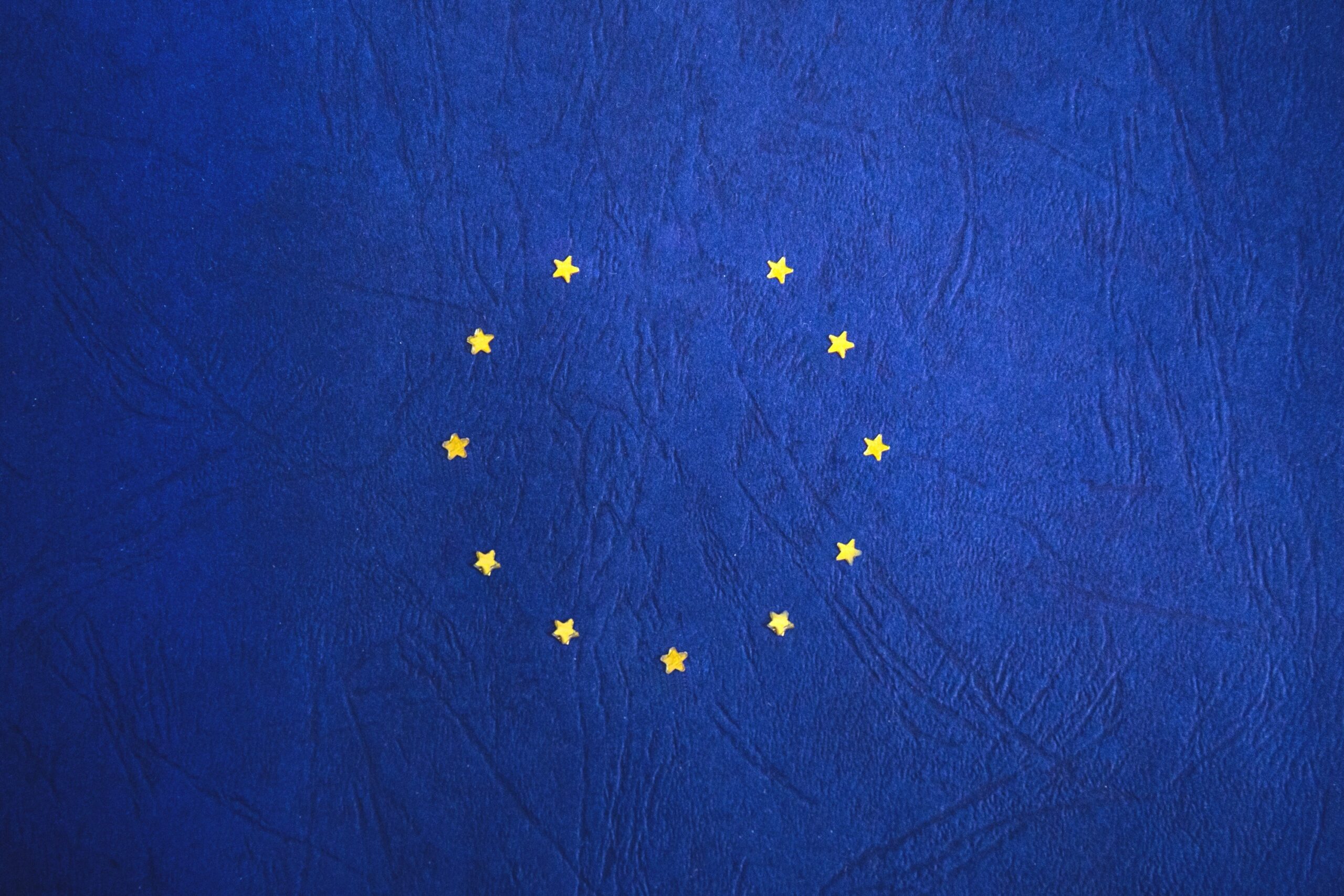
Over the last few years, the European Union has been leading the charge on ESG policy and regulations that require companies to better understand and manage their social and environmental impact.
To help unpack the changes, Seismic is launching a new series, diving into the upcoming regulation requirements. The series will provide key insights and takeaways to help businesses understand how they might be affected, and what they need to do to be prepared.
In this article, we look at the Corporate Sustainability Reporting Directive, how it connects to the European Green Deal, and how it could affect your business.
The European Green Deal
In 2019, the European Union (EU) set out and approved the ambitious Green Deal, which has put climate action at the heart of the EU’s economic recovery, demonstrating intent through action. A key demonstrator of this is the objective to reduce Greenhouse Gas Emissions across the EU by 55% by 2030.
‘This is Europe’s man on the moon moment. The European Green Deal is very ambitious, but it will be very careful in assessing the impact of every single step we’re taking.’ – Ursula Von Der Leyen, President of the European Commission
The Green Deal is made up of the following 10 elements:
- Climate action
- Clean energy
- Sustainable industry
- Buildings and renovations
- Sustainable mobility
- Eliminating pollution
- Farm to Fork
- Preserving biodiversity
- Research and development
- Preventing unfair competition from carbon leakage
How does the Corporate Sustainability Reporting Directive connect to the European Green Deal?
The European Union’s Corporate Sustainability Reporting Directive (CSRD) came into force in January 2023, representing a significant expansion of mandatory sustainability reporting within the EU. This amended the previously applicable Non-Financial Reporting Directive (NFRD), which had no mandatory assurance or materiality requirements.
As a crucial element to the wider EU Sustainability Finance Strategy, the CSRD aims to guide investment flows towards sustainable enterprises to ensure that the EU Green Deal can be achieved. It acts as a comprehensive, transparent and uniform reporting basis for corporations in the EU.
These reporting standards have been informed by international standards including Task Force on Climate-Related Financial Disclosures (TCFD) and the Carbon Disclosure Project (CDP).

What are the requirements of the CSRD?
The CSRD will require mandatory reporting as of 2024 for certain businesses, so it’s important to understand these requirements and the changes being made.
The European Sustainability Reporting Standards (ESRS) is a set of standards that are Environmental, Social and Governance (ESG) quantitative and qualitative indicators to report under the CSRD, set by the European Financial Reporting Advisory Group. The standards are listed below, including the general disclosures and requirements across ESG:
| Environment | Social | Governance |
|
Climate Change Pollution Water and Marine resources Biodiversity and Ecosystems Resource Use and Circular Economy |
Own Workforce Workers Across Value Chain Affected Communities Consumers and End-users
|
Business Conduct
|
How will CSRD reporting impact your business?
All publicly limited European companies, and large companies with 500+ employees, will be required to publish their first CSRD disclosure requirements for FY 2024 by 2025.
EU subsidiaries of non-EU parent companies with more than 250 employees, a turnover of more than €40 million and total assets of €20 million will also be required to adhere to this new regulation.
As ESG reporting starts to mature, these requirements will start to filter into SME’s from 2026. Therefore, regardless of the size of your business, Seismic recommends getting prepared and understanding how these changes might affect your organisation.
Get ahead of the curve
Our ESG strategy experts have helped a number of large, complex organisations to build and accelerate their ESG strategy to be one step ahead of the curve. If you would like to learn about how the CRSD requirements will impact your business and the steps you need to take, get in touch.

